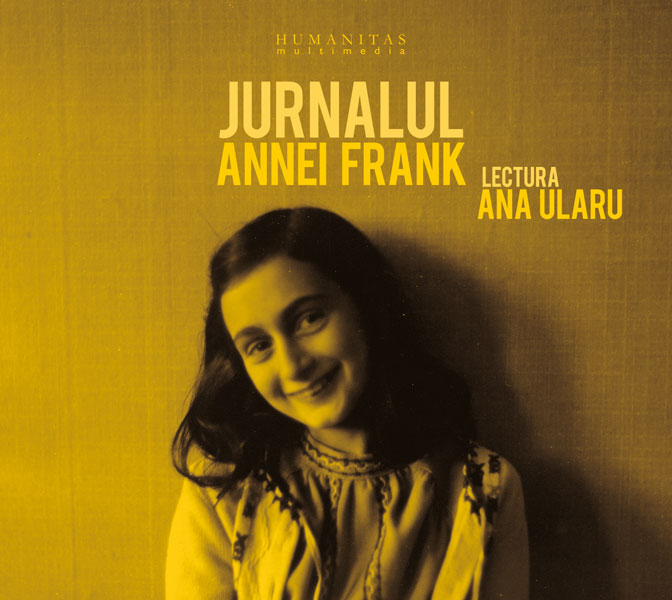


There is no hubris in the story, and one has to wonder if Gies wrote because of her desire to set the record straight and to prove to all the slanderers that the diary recorded real life. Gies and her husband, Jan (Henk), were far more heroic than any read of the diary knows. The reader is also given examples of the fates other Jewish residents, some who managed to go into hiding, some who did not. Even today, one can still see the Dutch anger at the Germans as evidenced by the party Rotterdam threw when Amsterdam's Ajax beat a German team for the Champions League crown. From the mention of Rotterdam's destruction at the bombs of the Germans to Radio Orange to the struggle to find food, Gies paints a picture of life without getting bogged down in details. Gies expresses regret over how some of the residents, in particular Dussel, where protrayed in various film versions.Īdditionally, Gies presents a good look at Amsterdam and the Netherlands during the war. She shows that Edith Frank was willing, encouraged, her husband and children to escape to America, even if it meant living her behind.

Gies points out that Anne's diary was lucky enough to surive, while Margot's was not. The Van Danns become more just Anne's fighting couple and are shown to be as intelligent and as generous as the Franks. Gies, however, brings a different prespective to several of the attic residents. Frank, and in part because of the popularity of Anne Frank's diary. In part, this is because Gies had a closer relationship to Mr. In many ways, Otto and Anne Frank still dominant the book. Like the documentry about Anne Frank, this book does much in dispelling some of the myths that surrond the Frank family and thier assoicates. She may have a co-author, but her voice comes though loud and clear. If a person has heard Miep Gies speak, this book is extactly like her speech.


 0 kommentar(er)
0 kommentar(er)
